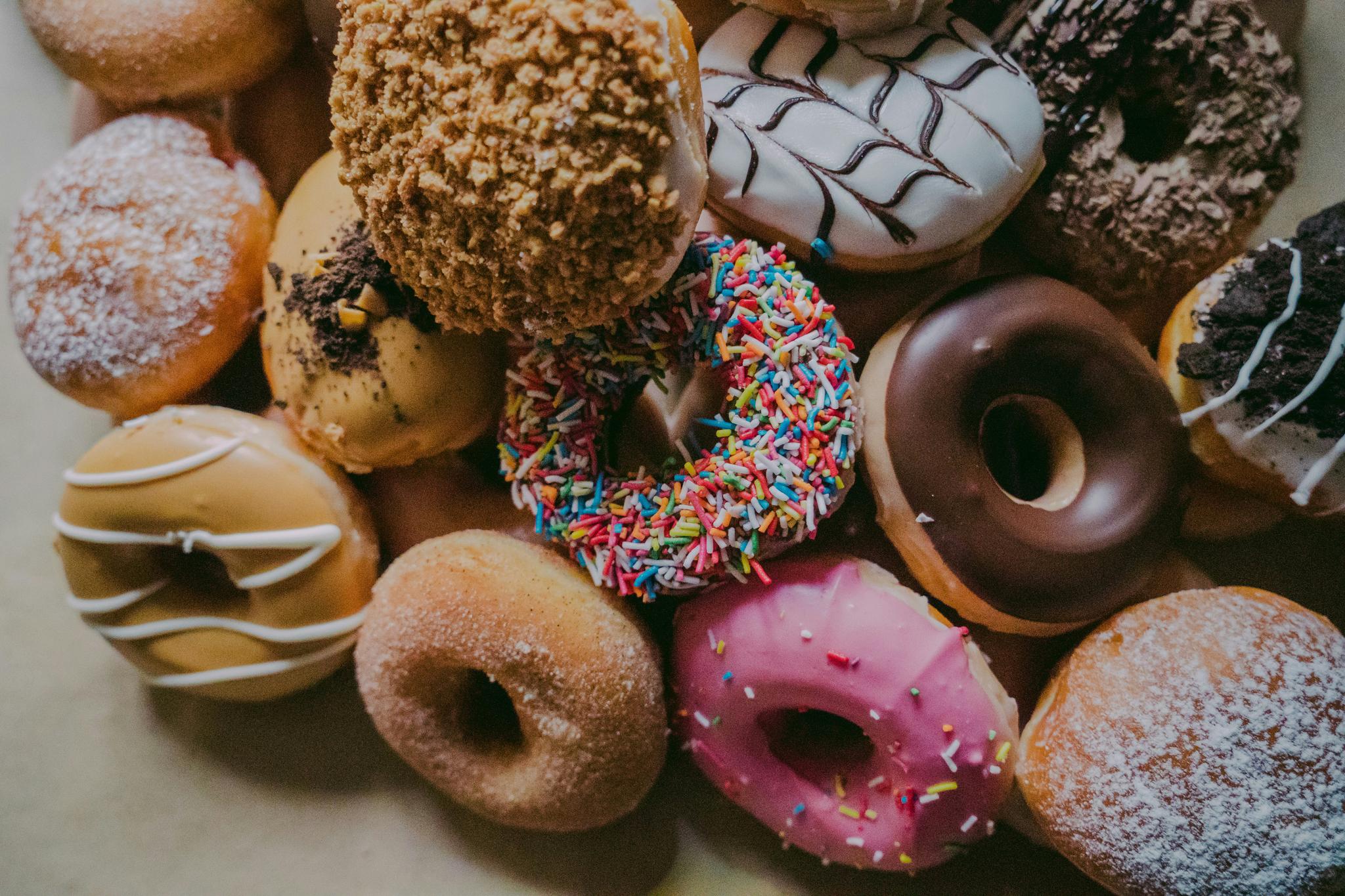Typical Food Cravings in Pregnancy
Last updated
First published

Pregnancy cravings are well documented by medical professionals and are often included as a comedy reference in films and on TV.
Cravings are not fully understood, but scientists believe they could be linked to the rapid rise of pregnancy hormones and the increase in blood volume associated with pregnancy.
When do Cravings Start?
Cravings often begin in the first trimester of pregnancy (up to the end of week 12) and are at their strongest until the second trimester (up to the end of week 26). The cravings will begin to settle for many women during the third trimester.
It is typical for any pregnancy cravings to settle following the baby's birth, although, for some women, cravings can last longer.
Common Cravings
Cravings in pregnancy can range from a strong desire for ice cream to weird and wonderful combinations of sweet and savory. Whole cookbooks have even been dedicated to pregnancy cravings!
Some of the most commonly craved foods in the USA and UK include:
Ice cream and ice lollies
Sweets or candy
Chocolate
Takeaway food including pizza, Chinese or spicy curries
Dairy foods such as cheese, sour cream dips, or macaroni cheese
Starchy carbohydrates including pasta, rice, mashed potato, or toasted sandwiches
Fruits and vegetables that you would not normally eat.
Bizarre Cravings
Odd craving combinations have become accepted as part of a healthy pregnancy, thanks to popular culture helping pregnancy cravings become so well recognized. Some of the more hilarious cravings in pregnancy include:
Ice cream with ketchup
Peanut butter in, or on, everything
Whole lemons
Pickles or pickled eggs
Carrots dipped in custard.
Despite the seemingly odd combinations or choices, these cravings are unlikely to cause you any harm.
Craving Non-Food Items
Some women crave non-food items such as dirt, chalk, coal, or soap. Although this might seem funny at first, these cravings can signify a condition known as pica.
Pica in pregnancy can be a sign of a deficiency. For example, eating ice may be a sign of low iron, and women who crave dirt or chalk may have a mineral deficiency.
If you find yourself craving a non-food item during pregnancy, speak to your midwife or doctor. They may want to run some investigations, including blood tests. If a deficiency is detected, treatment can be started to ensure both you and your baby have all the minerals you need.
Final Thoughts
Cravings during pregnancy are a common occurrence that has led to many funny sketches on TV. As long as you eat a balanced diet, cravings are unlikely to be harmful. If cravings don't settle by the end of pregnancy, they will likely resolve after the baby is born. If you crave any non-food items, this should be discussed with your midwife or doctor.
